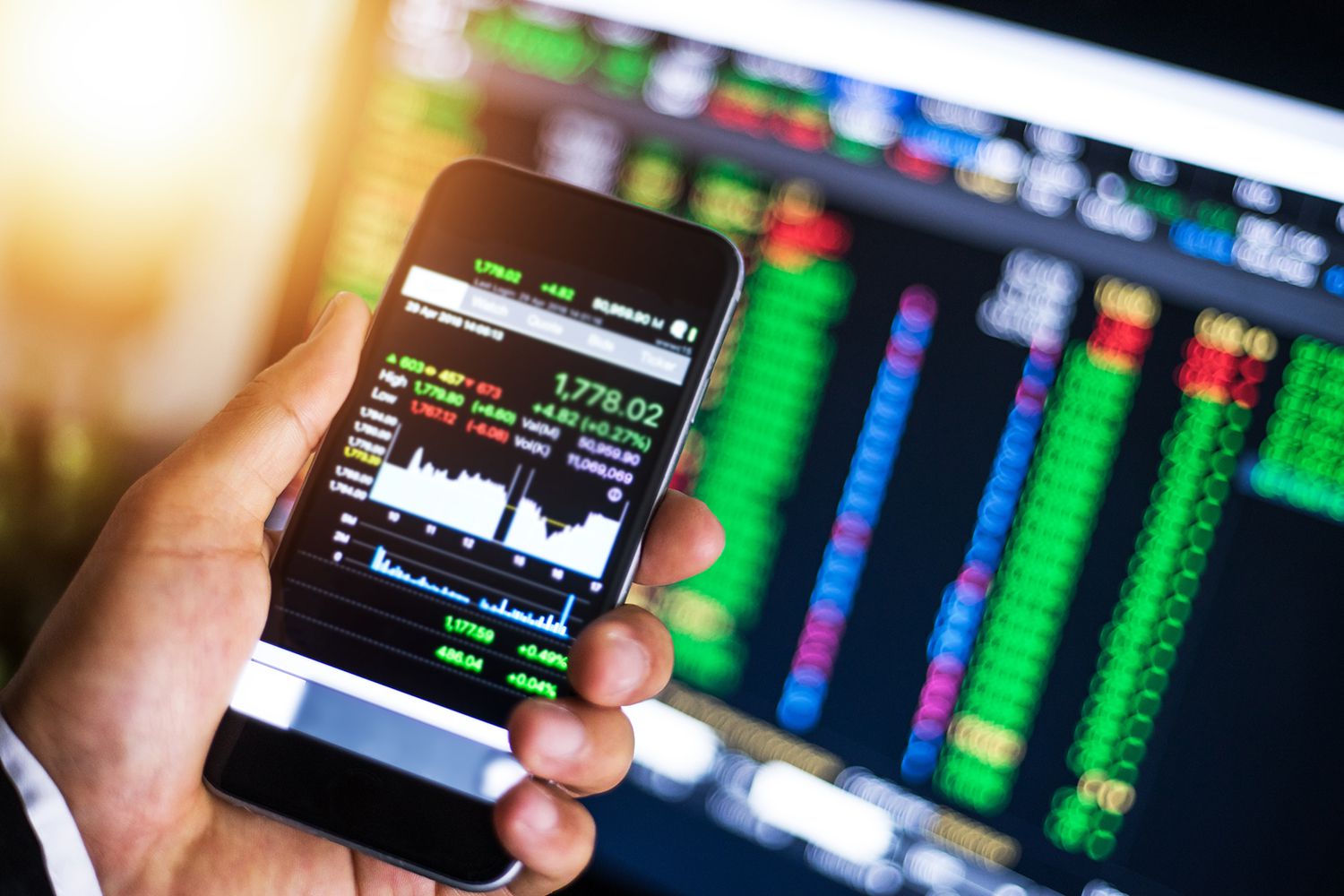If you've looked into forex (foreign exchange) trading online and think it might be a way to make money, you might be wondering how to get started.
Understanding the markets and trading strategies for forex is crucial. In this manner, you can more effectively control your risk, place profitable trades, and position yourself for success in your new business.
How to Learn About Foreign Exchange
Getting a forex education is essential for trading successfully. Start by reading up on risk management, how forex trading operates, placing trades, when forex trading is active, and so forth. You can use various websites, books, and other resources to learn more about forex trading.
When you first start, you can open a forex demo account and practice trading with it. It will help you get accustomed to using a particular trading platform and provide you with a solid technical foundation regarding the mechanics of making forex trades. Nothing beats experience, and if you want to learn forex trading, experience is the best teacher, as you may discover over time.
Tip:
The value of closing your trade and exiting the market when your reason for entering a trade is invalidated is a fundamental lesson you may learn through experience rather than through research or conversations with other traders.
When traders make a trading error, it is straightforward for them to believe the market will turn around in their favor. You might be surprised at how many traders fall into this trap, and they frequently become frustrated when the market continues to move in the opposite direction of the trade they made.
Consider this well-known and painfully accurate observation about investing made by John Maynard Keynes: "The market can stay irrational, longer than you can stay solvent." To put it another way, saying that the market is acting irrationally and will turn around to move in the direction of your trade is of little use. This is so because extreme actions define the very nature of capital markets.
Make use of a micro forex account
Being solely reliant on a demo account to learn forex trading prevents you from experiencing what it's like to put real money on the line. Opening a micro forex trading account or an account with a broker who offers variable trade sizes, which will enable you to place small trades, is frequently advised by trading instructors.
Trading small will enable you to risk some money, but it will also make it possible for you to be exposed to minimize losses if you make mistakes or engage in losing trades. This will teach you a lot more than anything you could learn from a website, book, or forex trading forum, and it will give you a completely different perspective on everything you would learn from trading on a practice account.
Study the Currencies You Trade
New traders often rush in and begin trading anything that appears to be moving. They might trade arbitrarily in both directions and with high leverage, frequently resulting in losses. It would be best to comprehend what you are trading to begin.
Your knowledge of the currencies you buy and sell may significantly impact your success.
For instance, a currency may be rebounding after a sharp decline. Because of this, novice traders might try to "catch the bottom."
The currency may have lost value due to unfavorable employment statistics for many months. Would you purchase something similar? Most likely not. This illustrates the need to know and comprehend the products you buy and sell.
Because you can use leverage and so many different currency pairs to trade, currency trading is fantastic.
However, this does not obligate you to exchange every single one.
Tip:
Picking a few currencies with no relationship to one another and concentrating on them would be a better approach. It will be simple to stay current on economic news for the participating countries if there aren't many. The rhythms of those currencies will also become more apparent to you.
It's acceptable to deposit more money and increase your trading capital once you've had some experience trading with a small live account and a sense of what you're doing.
Eliminating bad habits, comprehending the market and trading strategies, and managing your emotions are the keys to knowing what you're doing. You can succeed at forex trading if you can do those things.
Control risk and feelings
Risk management and emotional control go hand in hand. People may be more likely to make risky mistakes when feeling greedy, fearful, or another emotion. And failure is frequently brought on by this.
Approach a trading chart with a logical mindset that only considers the potential for success, whether it exists or not. It should never be an exciting situation.
If making a trade feels emotionally charged, you should rethink your motivations and work to regain your objectivity.
Frequently Asked Questions(FAQs)
How much cash do you need to begin trading forex?
Although each broker has different minimum funding requirements, you might be able to start trading with just $100. It is preferable to increase your savings to give yourself more flexibility with losses.
What courses in college should you take to learn forex trading?
In college, many traders major in finance, economics, or business. You can also work toward becoming a trader in computer sciences and mathematics.


